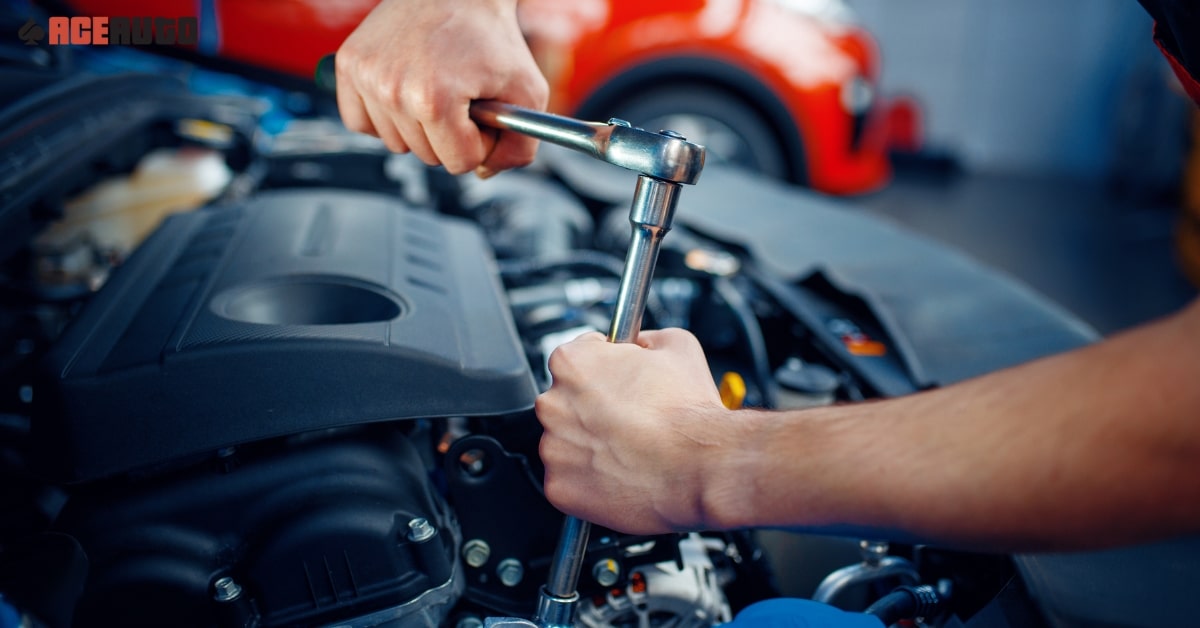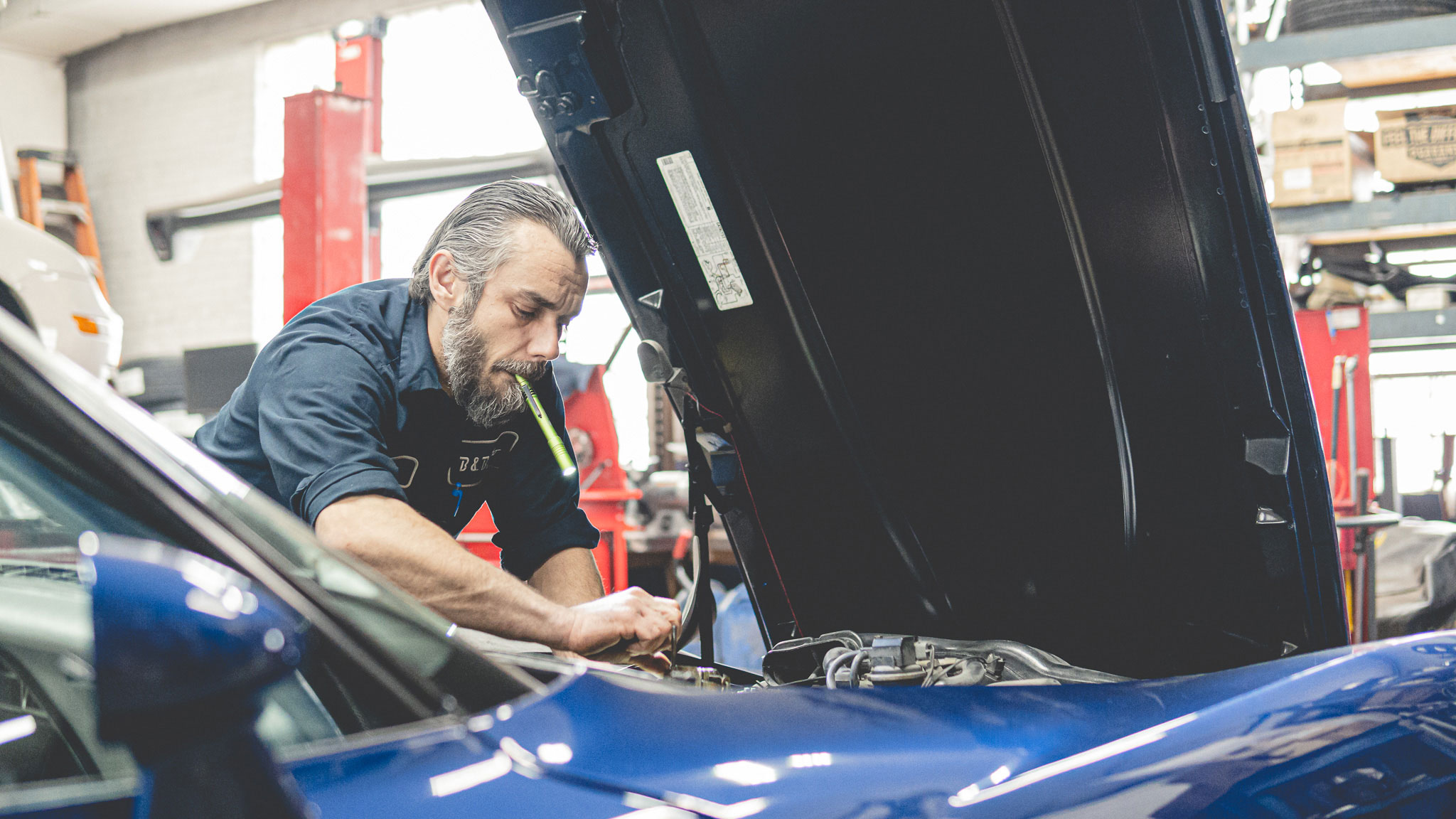All Categories
Featured
Your vehicle counts on numerous liquids to maintain its elements running smoothly and effectively. Overlooking these fluids can lead to reduced performance, prospective safety dangers, and expensive repair work. Recognizing the function of each fluid and remaining proactive in upkeep guarantees your auto operates at its finest. This article checks out the key automobile fluids and their importance to your car's health and wellness.
![]()
Why It Issues: Without correct lubrication, engine components can grind against each other, bring about significant damages. Maintenance Tips: Inspect your oil level month-to-month utilizing the dipstick and top off if needed. Change the oil and filter according to your automobile's solution routine, commonly every 3,000 to 7,500 miles relying on the oil type and driving problems. 2. Coolant: Regulating Engine Temperature. Coolant, likewise known as antifreeze, aids maintain your engine's temperature within the ideal variety. It avoids overheating during heat and freezing throughout cold problems.
Why It Issues: Insufficient or degraded coolant can lead to engine overheating, which can create extreme damages. Upkeep Tips: Check the coolant tank regularly and search for leaks or discoloration. Flush and refill coolant as recommended, usually every two to 5 years. 3. Brake Fluid: Dependable Preventing Power. Brake fluid is crucial for your car's braking system, transferring the pressure from your foot on the brake pedal to the brakes themselves. Gradually, brake liquid can take in dampness, which minimizes its efficiency.
Why It Issues: A compromised braking system can seriously affect your safety and security. Upkeep Tips: Check the brake liquid storage tank and guarantee the level stays within the indicated array. Change the fluid every 2 to 3 years or as needed. 4. Transmission Fluid: Smooth Gear Shifts. Transmission fluid oils the transmission components and ensures smooth gear changes. It also prevents overheating by cooling down the system.
![]()
Why It Issues: Neglected transmission liquid can result in gear slippage, getting too hot, or perhaps complete transmission failing. Maintenance Tips: Display the fluid's degree and condition frequently. Change it according to the maker's referrals, commonly every 30,000 to 60,000 miles. 5. Power Guiding Liquid: Effortless Handling. Power steering fluid aids in smooth and exact guiding. Low or polluted fluid can make guiding harder, putting pressure on the system.
Why It Issues: Poor guiding responsiveness can endanger your control over the automobile. Maintenance Tips: Consistently inspect the fluid degree and shade, and top it off as needed. Be alert to leakages or unusual steering noises. 6. Windshield Washer Fluid: Clear Presence. While it doesn't influence efficiency, windscreen washing machine liquid is vital for keeping visibility, especially in unfavorable problems.
![]()
Why It Issues: A tidy windshield guarantees you can see clearly, decreasing the threat of accidents. Upkeep Tips: Re-fill the washer liquid reservoir regularly and utilize a formula matched to your climate to stop freezing or spotting. Why Regular Fluid Maintenance is Important. Optimal Efficiency: Proper liquid degrees and top quality ensure all systems operate efficiently. Safety And Security Assurance: Brake and power guiding liquids straight influence your ability to control the vehicle. Expense Cost savings: Preventative maintenance avoids expensive repair services by catching possible concerns early. Durability: Liquids in great condition help lengthen the life of important elements, including the engine and transmission. Quick Tips for Effective Fluid Upkeep. Follow the Guidebook: Describe your automobile's proprietor handbook for details maintenance intervals. Look Out for Leaks: Pools under your cars and truck can indicate liquid leakages that require prompt focus. Usage Recommended Products: Stick to fluids advised by your vehicle maker to stay clear of compatibility problems. Take Notice Of Indication: Dashboard informs or uncommon efficiency can signify liquid troubles. Conclusion. Keeping your car's fluids is just one of the simplest ways to maintain it running efficiently and securely. Whether it's engine oil, coolant, or brake liquid, each plays a crucial role in your cars and truck's total health. Routine checks, integrated with timely replacements, can avoid breakdowns, boost efficiency, and expand the life of your lorry. Stay aggressive, and you'll appreciate a smoother and safer driving experience for years to find.

- Engine Oil: The Lifeblood of Your Engine. Engine oil plays an important function in lubricating the engine's moving parts, reducing friction, and securing versus wear and overheating. With time, oil comes to be or degrades contaminated with particles, which can compromise its efficiency.
Why It Issues: Without correct lubrication, engine components can grind against each other, bring about significant damages. Maintenance Tips: Inspect your oil level month-to-month utilizing the dipstick and top off if needed. Change the oil and filter according to your automobile's solution routine, commonly every 3,000 to 7,500 miles relying on the oil type and driving problems. 2. Coolant: Regulating Engine Temperature. Coolant, likewise known as antifreeze, aids maintain your engine's temperature within the ideal variety. It avoids overheating during heat and freezing throughout cold problems.
Why It Issues: Insufficient or degraded coolant can lead to engine overheating, which can create extreme damages. Upkeep Tips: Check the coolant tank regularly and search for leaks or discoloration. Flush and refill coolant as recommended, usually every two to 5 years. 3. Brake Fluid: Dependable Preventing Power. Brake fluid is crucial for your car's braking system, transferring the pressure from your foot on the brake pedal to the brakes themselves. Gradually, brake liquid can take in dampness, which minimizes its efficiency.
Why It Issues: A compromised braking system can seriously affect your safety and security. Upkeep Tips: Check the brake liquid storage tank and guarantee the level stays within the indicated array. Change the fluid every 2 to 3 years or as needed. 4. Transmission Fluid: Smooth Gear Shifts. Transmission fluid oils the transmission components and ensures smooth gear changes. It also prevents overheating by cooling down the system.

Why It Issues: Neglected transmission liquid can result in gear slippage, getting too hot, or perhaps complete transmission failing. Maintenance Tips: Display the fluid's degree and condition frequently. Change it according to the maker's referrals, commonly every 30,000 to 60,000 miles. 5. Power Guiding Liquid: Effortless Handling. Power steering fluid aids in smooth and exact guiding. Low or polluted fluid can make guiding harder, putting pressure on the system.
Why It Issues: Poor guiding responsiveness can endanger your control over the automobile. Maintenance Tips: Consistently inspect the fluid degree and shade, and top it off as needed. Be alert to leakages or unusual steering noises. 6. Windshield Washer Fluid: Clear Presence. While it doesn't influence efficiency, windscreen washing machine liquid is vital for keeping visibility, especially in unfavorable problems.

Why It Issues: A tidy windshield guarantees you can see clearly, decreasing the threat of accidents. Upkeep Tips: Re-fill the washer liquid reservoir regularly and utilize a formula matched to your climate to stop freezing or spotting. Why Regular Fluid Maintenance is Important. Optimal Efficiency: Proper liquid degrees and top quality ensure all systems operate efficiently. Safety And Security Assurance: Brake and power guiding liquids straight influence your ability to control the vehicle. Expense Cost savings: Preventative maintenance avoids expensive repair services by catching possible concerns early. Durability: Liquids in great condition help lengthen the life of important elements, including the engine and transmission. Quick Tips for Effective Fluid Upkeep. Follow the Guidebook: Describe your automobile's proprietor handbook for details maintenance intervals. Look Out for Leaks: Pools under your cars and truck can indicate liquid leakages that require prompt focus. Usage Recommended Products: Stick to fluids advised by your vehicle maker to stay clear of compatibility problems. Take Notice Of Indication: Dashboard informs or uncommon efficiency can signify liquid troubles. Conclusion. Keeping your car's fluids is just one of the simplest ways to maintain it running efficiently and securely. Whether it's engine oil, coolant, or brake liquid, each plays a crucial role in your cars and truck's total health. Routine checks, integrated with timely replacements, can avoid breakdowns, boost efficiency, and expand the life of your lorry. Stay aggressive, and you'll appreciate a smoother and safer driving experience for years to find.
Latest Posts
Seeking a Auto Repair Shop in St. Louis? Choose Car-X St. Louis for Professional Service
Published Apr 21, 25
1 min read
The Roadway to Financial Freedom Begins Here
Published Apr 21, 25
1 min read
Inquire for Your Desire Occasion at Enjoyable City Hotel
Published Apr 21, 25
1 min read
More
Latest Posts
Seeking a Auto Repair Shop in St. Louis? Choose Car-X St. Louis for Professional Service
Published Apr 21, 25
1 min read
The Roadway to Financial Freedom Begins Here
Published Apr 21, 25
1 min read
Inquire for Your Desire Occasion at Enjoyable City Hotel
Published Apr 21, 25
1 min read